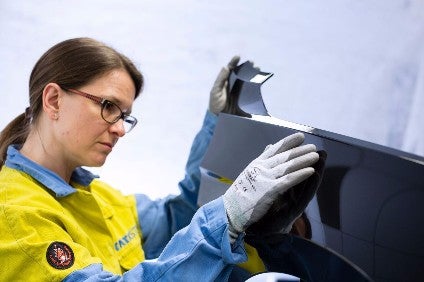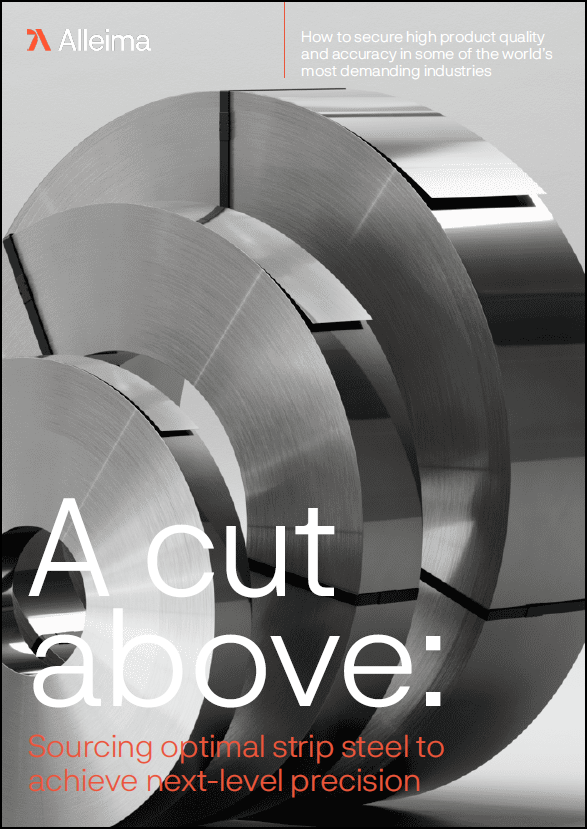
A new agreement between Gestamp and Tata Steel UK will see the percentage of recycled steel in components supplied to the automotive sector nearly double to increase the circularity of steel in the supply chain.
The initiative will allow Gestamp to pass the benefits of increasing its recycled content, such as a reduced carbon footprint, to vehicle manufacturers.
OEMs need low emission steel to meet decarbonisation targets with guaranteed quality and safety. This new circularity concept contributes to achieving sustainability goals by using high quality scrap as a secondary raw material for the production of low emissions steel.
Tata Steel automotive steel grades already include 17% recycled content and content provided by Gestamp will be additional.
This new deal sees the percentage of recycled content associated with the steel provided to Gestamp jump to 30% with no impact on quality, strength or formability. This is, in turn, passed on to automotive manufacturers, reducing the overall carbon footprint of their supply chain and production process.
Steel is 100% circular, it can be re-melted to produce material of the same quality an infinite amount of times. When a component, for example a bumper bar, is processed from steel, it is typical for the manufacturing process to generate some scrap material. Normally, this high quality scrap is sold on to a third party scrap buyer and mixed with steel grades of different qualities.
Under this new agreement, Gestamp will channel its high quality scrap (through efficient collection and transport management) to Tata Steel’s steelworks in Port Talbot so that it can be used again. By using the mass balance principle, the returned steel will then be accounted for as part of the component’s recycled content. The traceability and quality of pre-consumer scrap provided by Gestamp will enable the recycled content of new steel to be increased and the quality of the steel to be preserved.
To ensure accountability, Tata Steel will provide evidence to demonstrate the volume of high quality scrap supplied and the associated CO2 savings by setting up a Gestamp Recycled Content Bank, which will be independently audited.
Peter Quinn, director of sustainability & environment at Tata Steel UK, said: “We believe that improving circularity in the supply chain is an effective and immediate way to reduce overall CO2 emissions in the automotive sector, as well as the most efficient way to recycle steel.”
Any additional revenue earned by Tata Steel UK as a result of this deal will be reinvested into further decarbonisation projects. So far, it has reduced the amount of energy required to make one tonne of steel by 30% since 1990.








